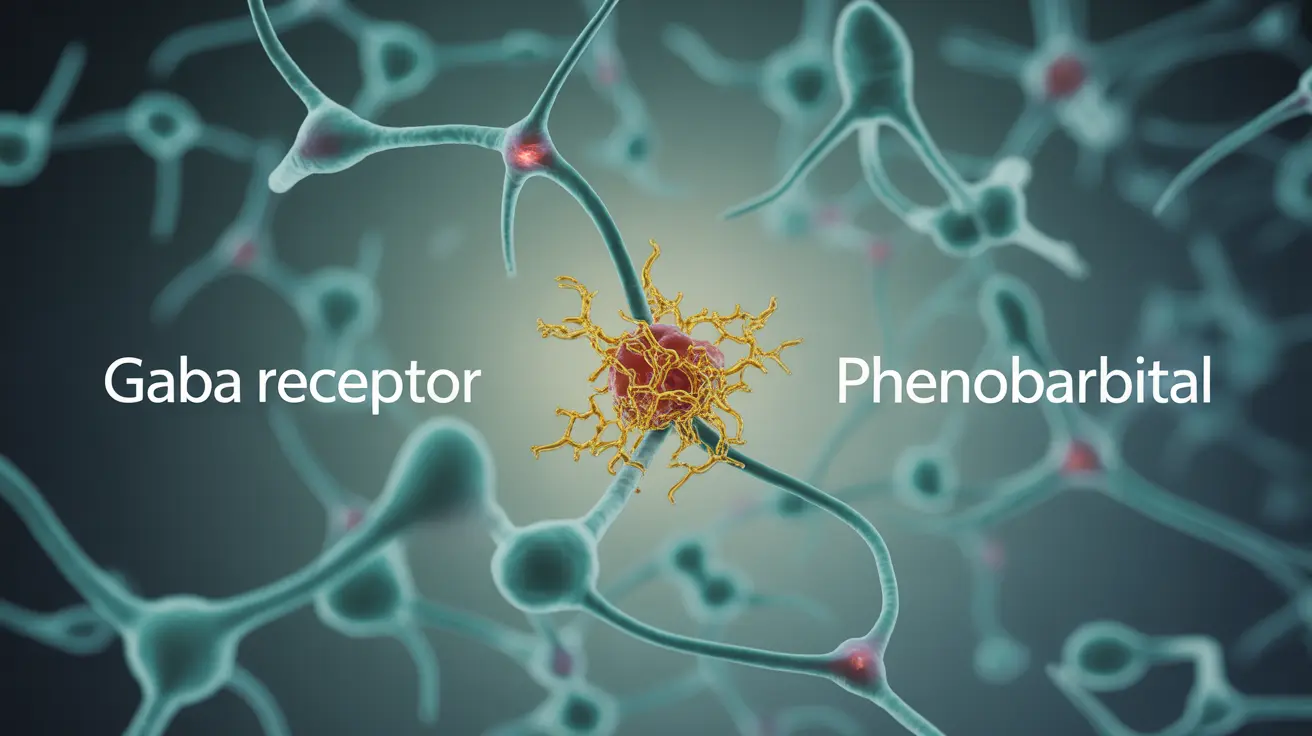Alcohol withdrawal can be a dangerous and potentially life-threatening condition that requires careful medical management. Phenobarbital has emerged as an effective medication for treating alcohol withdrawal symptoms, offering healthcare providers another valuable tool in their treatment arsenal. Understanding how this medication works and its proper use is crucial for both medical professionals and patients seeking treatment for alcohol dependency.
This comprehensive guide explores the use of phenobarbital in alcohol withdrawal treatment, including its mechanisms of action, benefits, safety considerations, and proper administration protocols. We'll examine why healthcare providers might choose this medication and what patients can expect during treatment.
How Phenobarbital Works in Alcohol Withdrawal
Phenobarbital functions as a central nervous system depressant, working similarly to how alcohol affects the brain. It primarily acts on GABA receptors, which are the same receptors affected by alcohol use. When someone suddenly stops drinking after prolonged alcohol use, these receptors become overexcited, leading to withdrawal symptoms.
The medication helps manage withdrawal by:
- Reducing brain hyperexcitability
- Preventing seizures
- Calming anxiety and agitation
- Helping regulate sleep patterns
- Decreasing risk of delirium tremens
Advantages of Phenobarbital Treatment
Phenobarbital offers several distinct advantages in treating alcohol withdrawal compared to other medications:
- Longer half-life, requiring less frequent dosing
- Lower cost compared to many alternatives
- Predictable metabolism and drug levels
- Effective seizure prevention
- Reduced risk of respiratory depression when properly dosed
Safety Considerations and Side Effects
While phenobarbital can be highly effective, healthcare providers must carefully monitor patients during treatment. Common side effects may include:
- Drowsiness and fatigue
- Dizziness
- Confusion
- Impaired coordination
- Nausea
Risk Factors and Contraindications
Certain patients may not be suitable candidates for phenobarbital treatment, including those with:
- Severe liver disease
- Respiratory conditions
- History of barbiturate abuse
- Pregnancy or nursing
- Certain medication interactions
Treatment Protocol and Administration
The administration of phenobarbital for alcohol withdrawal typically follows a structured protocol:
Initial Assessment
Healthcare providers will conduct a thorough evaluation, including:
- Complete medical history
- Current withdrawal symptom severity
- Liver and kidney function tests
- Vital signs monitoring
- Assessment of other medications
Dosing Guidelines
Dosing is typically individualized based on patient factors and withdrawal severity. Treatment usually involves:
- Loading dose in severe cases
- Regular monitoring of drug levels
- Dose adjustments based on symptom response
- Gradual tapering when appropriate
Frequently Asked Questions
How does phenobarbital work to treat alcohol withdrawal symptoms?
Phenobarbital works by enhancing GABA activity in the brain, which helps calm the overactive nervous system during alcohol withdrawal. It effectively reduces anxiety, prevents seizures, and helps manage other withdrawal symptoms by mimicking some of alcohol's effects on the brain.
What are the benefits of using phenobarbital compared to benzodiazepines for alcohol withdrawal?
Phenobarbital offers several advantages over benzodiazepines, including a longer half-life, more predictable metabolism, lower cost, and potentially better seizure prevention. It also typically requires less frequent dosing and may have a lower risk of abuse potential in some cases.
Is phenobarbital safe to use for alcohol withdrawal syndrome, and what are its potential side effects?
When properly administered and monitored, phenobarbital is generally safe for treating alcohol withdrawal. However, side effects can include drowsiness, dizziness, confusion, and coordination problems. The medication requires careful medical supervision to ensure safety and proper dosing.
In what situations is phenobarbital recommended for managing alcohol withdrawal?
Phenobarbital is often recommended for moderate to severe alcohol withdrawal cases, particularly when there's a high risk of seizures or when other treatments have been ineffective. It's especially useful in cases requiring longer-acting medication or when cost is a significant consideration.
How is phenobarbital dosed and administered during alcohol withdrawal treatment?
Phenobarbital dosing is individualized based on the severity of withdrawal symptoms and patient characteristics. Treatment typically begins with an initial assessment, followed by either a loading dose or regular interval dosing. Patients are closely monitored, and doses are adjusted based on their response and symptom control.




